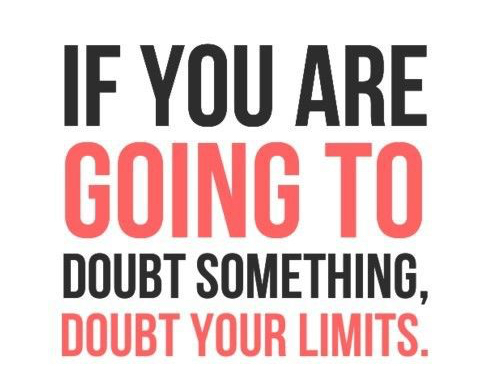The Five Hindrances
The mind states that disturb the natural clarity of our heart-mind have been described as the five hindrances. Each hindrance has its own flavour and over this set of five emails I’ll explore each hindrance. But first, to give an overview here are all five:
1. Sensual desire
2. Ill-will
3. Lethargy and drowsiness
4. Restlessness and remorse
5. Doubt
Each hindrance is compared to the natural clarity of the still heart-mind, which is said to be like clear water. Doubt is said to be like a pot full of muddy water.
5. Sceptical Doubt
The Buddha encouraged his followers to question his teaching. He even spoke of the belief that things are true just because tradition tells us they are as a hindrance to real awakening, as it leads to a tendency to hold on to beliefs and opinions that have simply arisen over time as part of a tradition, rather than seeing wisdom for ourself. He encouraged his followers to question all of his teachings and not take them on blind faith. Only after exploring them in their lives and seeing for themselves if they held true were they to believe in them.
This last hindrende then does not mean we are to take all we hear from a teacher on blind faith. But as we meditate, a certain attitude can sometimes arise where we stop testing the efficacy of mindfulness or the teachings we have heard, and instead we loose any belief that change is possible, that it is worth meditating or that things can be other than how they are.
It is this skeptical doubt that this hindrance refers to, which can be enough to make us stop meditating or drop away from our path of practice. This state of mind is strongly linked to the sense of inertia that keeps us locked in our habit patterns, it is the way of thinking that does not want to make any effort. Thoughts such as “what’s the point of meditation, it seems too hard”, “meditation may be good for people who can go away to a retreat or live in a monastery but how will I be able to get any benefit from it”, “does it really matter what I do”.
With all of these we can either sink into the muddy state of inertia these thoughts encourage, or we can look at our experience and reflect on how we have benefited from the meditation we have done. We may remember how a session of meditation helped us shift a mood, or embrace something we had wanted to push away – and how this changed our relationship to it. We may remember that our actions have led to feeling happier or to sorrow depending on if they were rooted in skilful wishes or unskillful intentions. If you have started to explore Buddhist teachings you might reflect on how “actions have consequences” and look back in you life and see if this is the case or not. In this way we use conscious reflection on the teachings we know to bring about a clear understanding of how meditation is of help to us, or not.

Doubt may play out in other ways in our life as well. For me it has been doubt about my skills or abilities. It took a friend’s persistent encouragement over three years before I set up the Monday class, as my inner doubt told me I would fail. As it is the group has now been going since April 2009 and next year will be our 10 year anniversary!! Then over the last few years as I’ve explored working as a mindfulness teacher in the corporate world it is this same doubt that holds me back – feeling I’m not yet ready, that I have more to learn, that I have nothing of value yet to bring to a workplace mindfulness teaching until I have read one more book on workplace mindfulness, or attended another seminar.
I was lucky to have a call two years ago from the head of learning and development at Kensington and Chelsea council. He was looking for a mindfulness provider to run courses for council staff. After a year and half of running these sessions I could see that people enjoyed and benefited from the sessions – the thought I still needed to perfect my skills in teaching in the workplace was just a way for my doubting mind to hold me back from taking action. Of course, I have had more to learn, but that is what life is – a place for learning, and standing on the side lines waiting to know all the intricacies of the game just means one never plays the game at all – which is the only place to learn!
This year I have resolved to finally step forward into working more in the corporate world, in companies and organisations and with mindfulness initiatives such as teaching mindfulness in schools. It is part of me feeling into “following my bliss”, the saying of Joseph Campbell’s that always inspires me. Rather than seeing getting work as a mindfulness teacher as a chore to be got through, if I see it as an expression of living my bliss, and sharing my joy of living a life informed by presence, awareness and self-compassion, then it is not work but play.
Where does your doubting mind hold you back? Where do you hesitate to step in? How does the habitual mind try to keep you small and stop you realising your potential?

